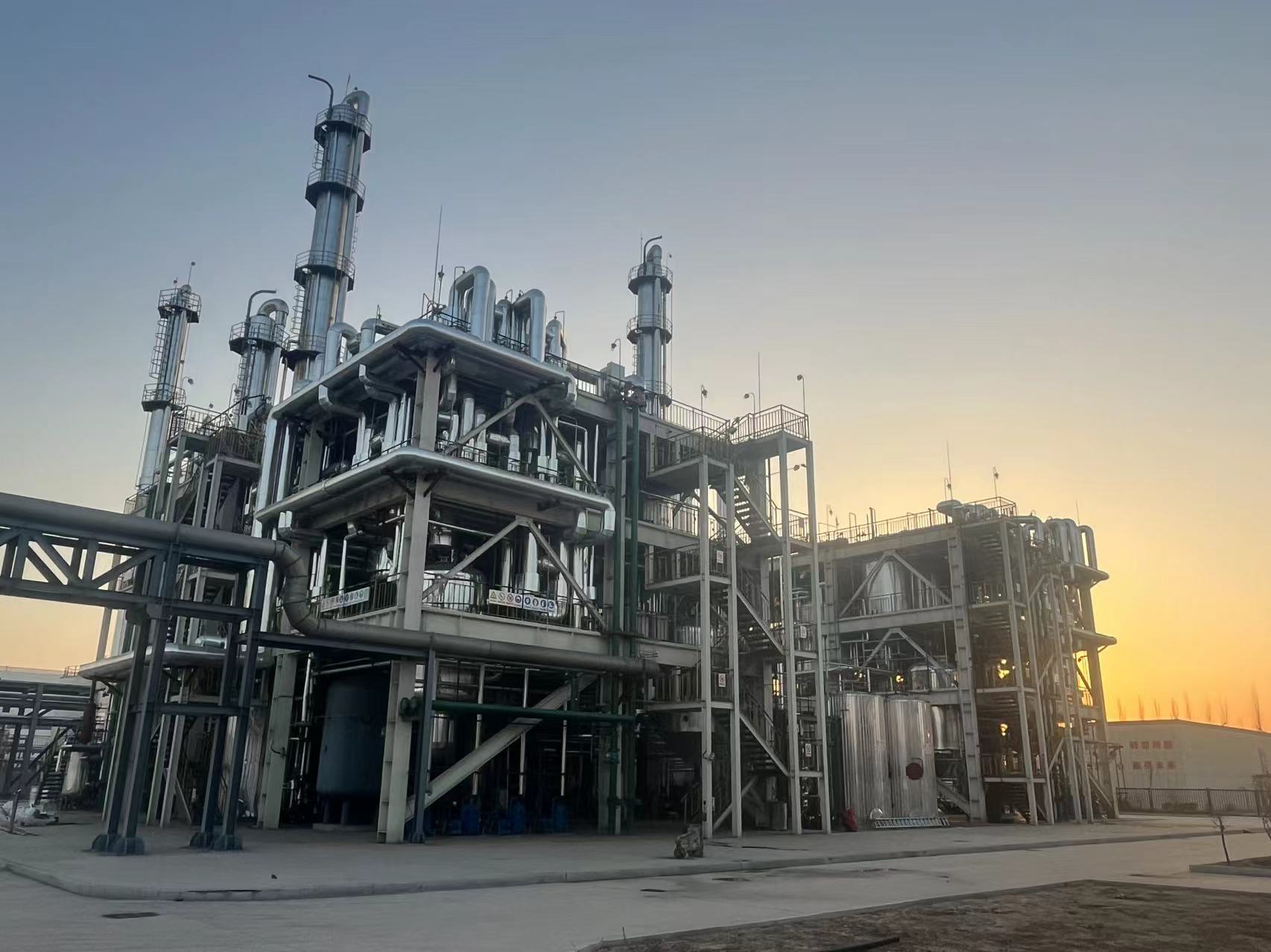Propylene glycol is a colorless, odorless, slightly viscous liquid with a texture slightly thicker than water. It has almost no taste and is a chemically synthesized food additive. Like ethanol, it is an alcoholic substance.
In addition, as an organic solvent, it can dissolve some organic solutes better than water and can also retain moisture well. Due to these special chemical properties, it is widely used in cosmetics. Propylene glycol can usually be used as a moisturizer, softener, solvent, etc., and has excellent moisturizing and application effects. It can be used in almost all cosmetics, especially water, lotion, cream, facial mask and other products.
In addition to the cosmetics field, it is also indispensable in the food field. It knows us, but we pay little attention to it. According to the “GB 2760-2014 National Food Safety Standard – Food Additive Usage Standard”, the functions of propylene glycol are: stabilizer, coagulant, anti-caking agent, defoaming agent, emulsifier, moisture retaining agent, and thickener.
Therefore, it is often used as a food emulsifier to be added to bread, butter and other products. In addition, propylene glycol is often used in beer processing and extraction processes as a solvent for aroma substances.
In addition, for friends who like to bake, propylene glycol is a commonly used product, which can help pastries obtain a better taste and flavor.
According to national standards, the safe intake of propylene glycol follows the standards set by the International Joint Expert Group on Food Additives, that is, the daily intake should not exceed 25 mg per kilogram of body weight.
For an adult weighing 70 kg, the maximum daily intake is no more than 1.75 g. At present, in the field of pastry food production such as cakes, when using propylene glycol as an additive, the approach adopted is basically that the content does not exceed 3 grams per kilogram of food.
Propylene glycol can be approved for use as a food additive and has passed strict safety assessments. Under “standardized use scenarios and intakes”, “long-term consumption” will not be harmful to health.
chemical properties
Propylene glycol
CAS:57-55-6
Molecular formula C3H8O2
molecular weight 76.09
EINECS number 200-338-0
Melting point -60 °C (lit.)
Boiling point 187 °C (lit.)
Density 1.036 g/mL at 25 °C (lit.)
Vapor density 2.62 (vs air)
Vapor pressure 0.08 mm Hg ( 20 °C)
Refractive index n20 /D 1.432(lit.
Contact Information
MIT-IVY INDUSTRY CO.,LTD
Chemical Industry Park, 69 Guozhuang Road, Yunlong District, Xuzhou City, Jiangsu Province, China 221100
TEL: 0086- 15252035038 FAX:0086-0516-83666375
WHATSAPP:0086- 15252035038 EMAIL:INFO@MIT-IVY.COM
Post time: Jun-18-2024







